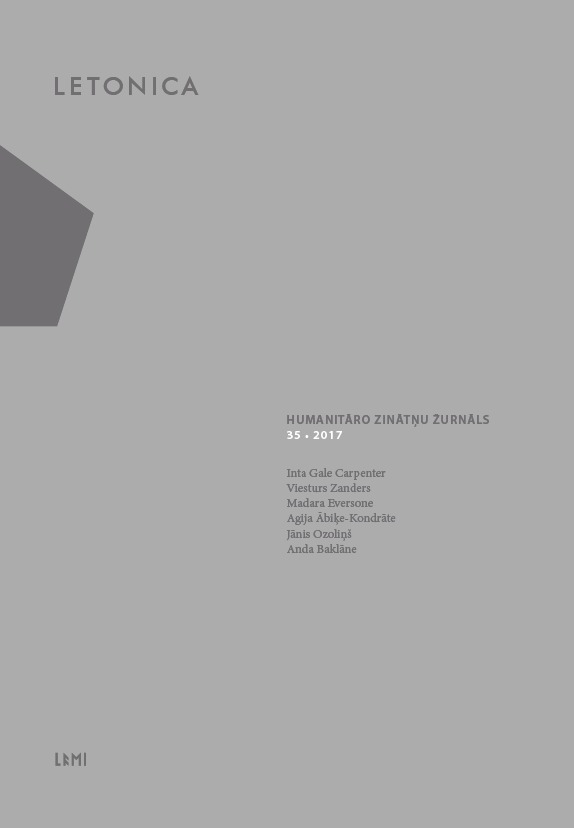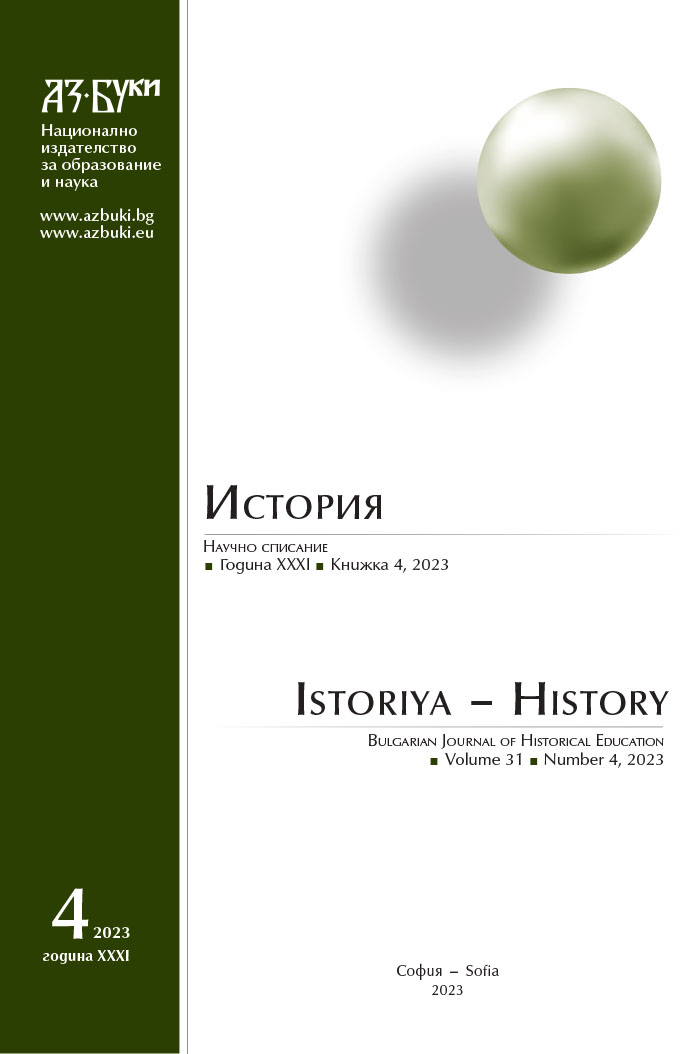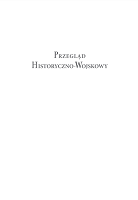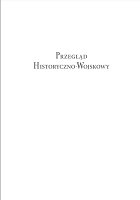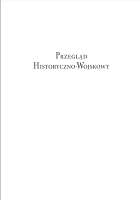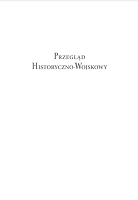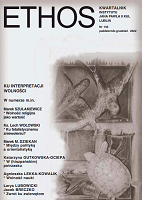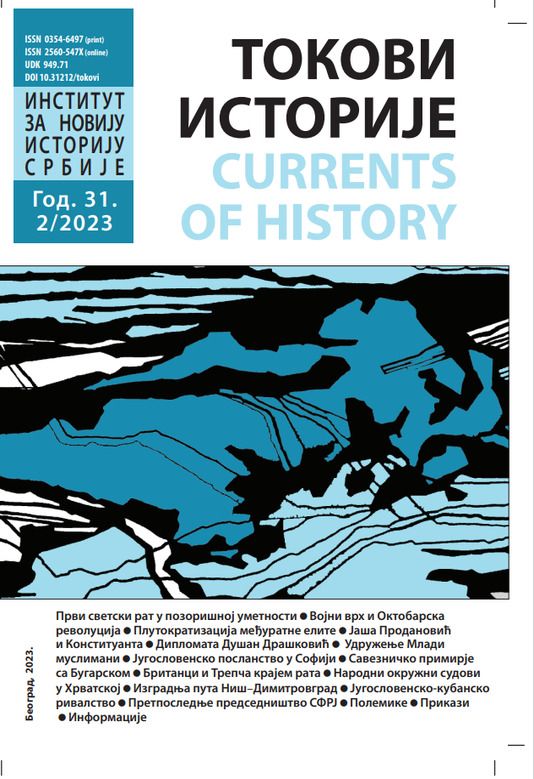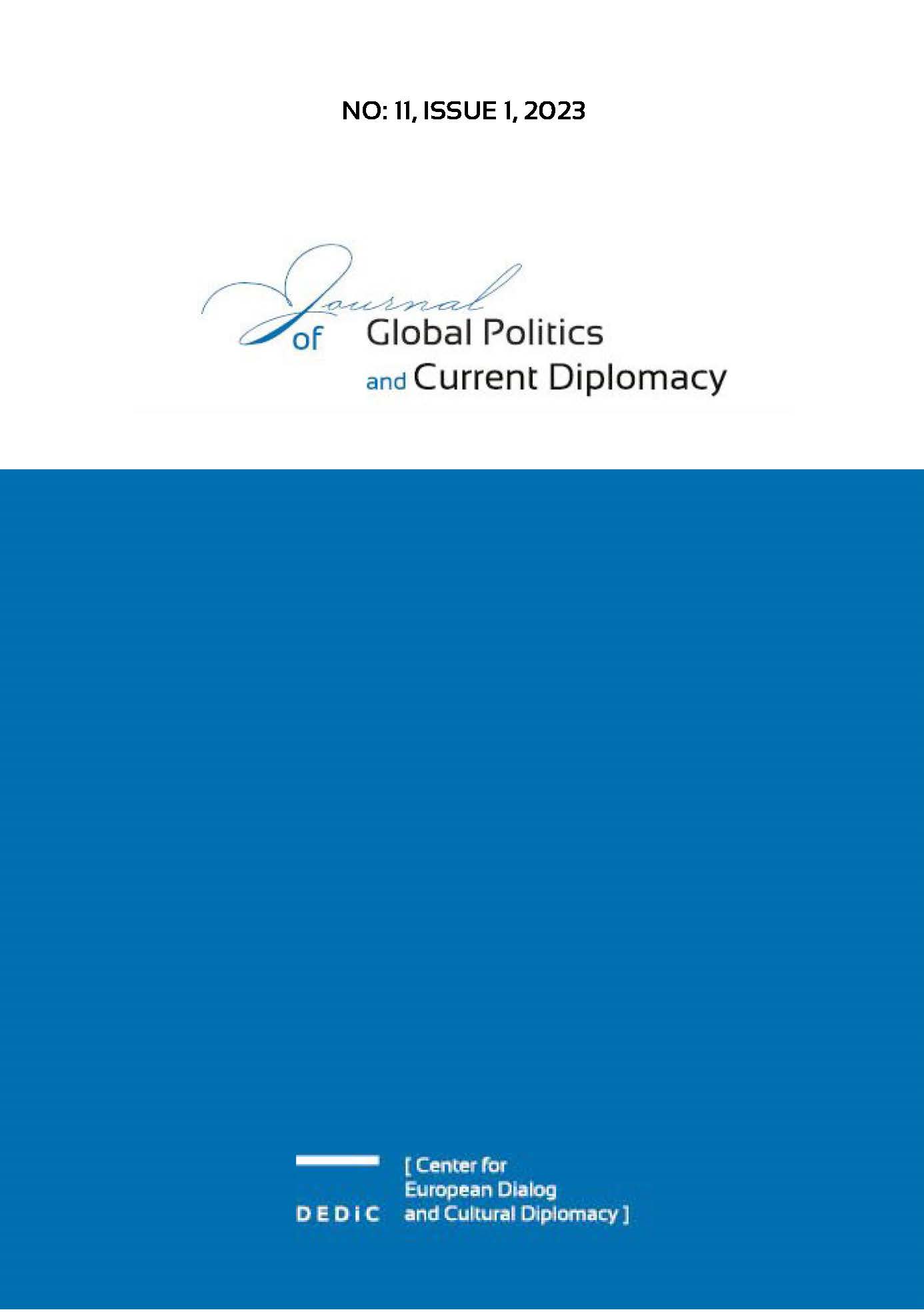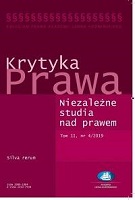Author(s): Marek M. Dziekan / Language(s): Polish
Issue: 4/2022
Ahmet Zeki Velidi Togan was a Turkish political activist and scholar of Bashkir origin. The aim of the article is a presentation of this multidimensional fi gure, little known in Poland, yet important both to politics and to Oriental studies. From 1915 to 1920, Velidi Togan, as a politician, attempted to cooperate with various powers which might guarantee the Bashkirs at least autonomy, if not independence—this caused fl uctuations in his position towards the Soviet government. However, although he soon realized that the Muslim tendencies he represented would not be welcome by the Russian authorities, he is sometimes called the father of Russian federalism. The political views of Velidi Togan, called Validovshchina (a form of the so-called nationalist deviation), are variously interpreted in contemporary Russia, and he is not infrequently considered as an extremist Bashkir ideologist and politician. After breaking with the Bolsheviks, he continued his activity initially in Turkestan, and then, from 1924, in Turkey. Academically, he was associated primarily with the University of Istanbul, and, before the Second World War, temporarily, with universities in Austria (he earned his doctorate from the University of Vienna) and in Germany (in Bonn and in Göttingen). The research output of Velidi Togan and its value have never been questioned. His main focus was history and he authored many important books on the history of the Turkic peoples. His most important accomplishments include the discovery of the manuscript relating the journey of the Arab traveler Ibn Fad.lān (922) to the country of the Volga Bulgarians. Last but not least, there were Polish links in the biography of Velidi Togan, since he kept contact with representatives of Prometheism, a political movement in the interwar Poland.
More...


